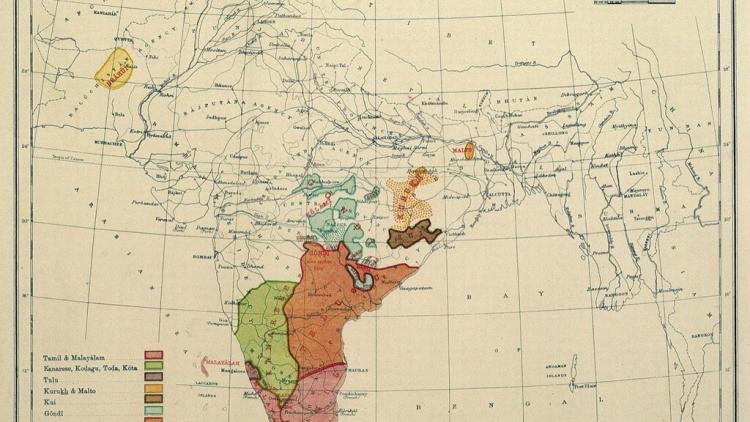Designing and evaluating culture-sensitive and faith-based domestic violence interventions: International experiences

Key information
- Date
- Time
-
1:30 PM to 2:30 PM
- Venue
- Virtual Event
About this event
Various
Within the sector of domestic violence, the question of evaluation and effectiveness is central. Despite the existence of a wide array of interventions and programmes, how effectiveness is to be measured given difference designs, methodologies and approaches in the sector is an on-going debate. Moreover, specialists increasingly recognise the importance of accounting for cultural diversity and the need to address gaps in the domestic violence evidence of what works and for whom in different cultural contexts.
The current webinar aims to contribute to this effort by looking more closely at how interventions can be assessed cross-culturally, with a special focus on interventions that are designed to be sensitive to religious traditions, faith and spirituality. Are current methods adequate to capture the complex mechanisms by which faith-based domestic violence interventions impact on victims/survivors and perpetrators, congregations or communities? How should evaluation mechanisms be designed when programmes aim to be religio-culturally sensitive and what should be the standards for measuring effectiveness, if there should be a common standard in the first place? Currently, the randomised controlled trial (RCT) method is considered one of the most rigorous scientific approaches in the evaluation of domestic violence programmes. Are RCTs appropriate and adequate for capturing impact when it is recognised that impact can be defined differently cross-culturally, requiring different approaches to be measured?
The webinar will combine a series of presentations by researchers and practitioners from different disciplines and sectors who are experienced in the design, implementation and/or evaluation of domestic violence research and interventions working with diverse communities and in diverse cultural contexts. The aim is to reflect on and respond to the questions guiding the webinar to achieve knowledge exchange and to farther cross-sectoral and cross-disciplinary learning. The presentations will be followed by a discussion with the audience, who will be welcome to share their own experiences and response to the webinar questions and presentations.
Registration
This event is free and open to the public. If you would like to attend the event: Please register here via Eventbrite
Organiser: Project dldl/ድልድል, UKRI-funded project, hosted at the School of History, Religions and Philosophies, SOAS
Contact email: soasflf@soas.ac.uk


